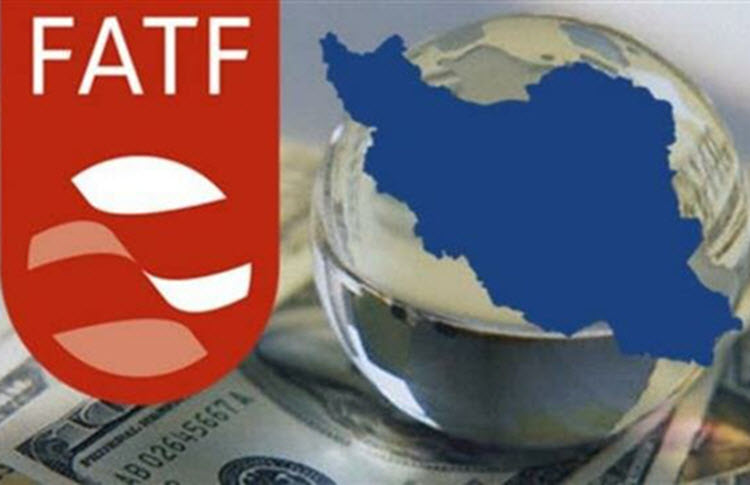



In a significant political shift, several reformist politicians in Iran are advocating for direct negotiations with the Trump administration to address the country's pressing economic crisis. Ali Shakuri-Rad, a prominent reformist figure, has emphasized the importance of responding to outreach from the United States, warning against ignoring US messages, which he believes could lead to missed opportunities [f7c9dcbb].
This call for dialogue comes on the heels of recent diplomatic visits from Japan and Oman, indicating a broader interest in improving international relations. Shakuri-Rad recalled a 2019 incident involving Supreme Leader Ali Khamenei, where ignoring US overtures had negative consequences, highlighting the urgency of the current economic situation [f7c9dcbb].
Support for direct talks is echoed by other influential figures, including former Vice President Es'haq Jahangiri and former President Hassan Rouhani. Rouhani has stressed that Iran's multifaceted issues require constructive engagement with the global community, suggesting that negotiations could pave the way for economic relief [f7c9dcbb].
While some politicians support the idea of talks, they caution that this does not equate to accepting all US demands. Mohammad Ghoochani, another reformist voice, has articulated the need for a balanced approach, advocating for negotiations that prioritize Iran's national interests [f7c9dcbb].
This renewed push for dialogue aligns with recent statements from Iranian leadership, including advisor Ali Abdolali Zadeh, who has acknowledged the necessity for direct negotiations with the US as part of a broader strategy to combat terrorism financing and improve Iran's economic standing [5c86041f].
As Iran grapples with economic challenges exacerbated by international sanctions, the discussions surrounding FATF compliance and the potential for direct negotiations with the US could significantly influence the country's ability to engage in global trade and attract foreign investment [d3b53abd].
The context of these developments is further enriched by the UAE's efforts to exit the FATF 'gray list', which may serve as a model for Iran as it seeks to improve its financial standing [6b44cb5a]. The outcomes of these deliberations could have profound implications for Iran's future economic policies and international relations [01fb216e].